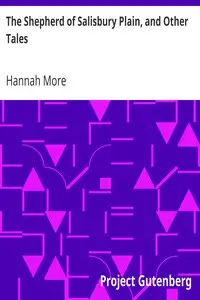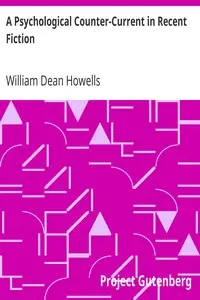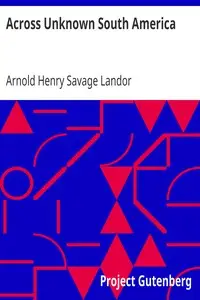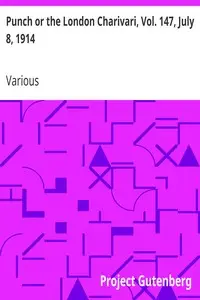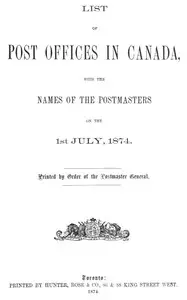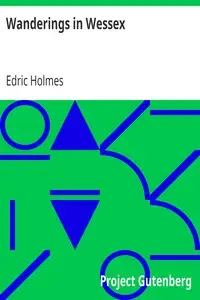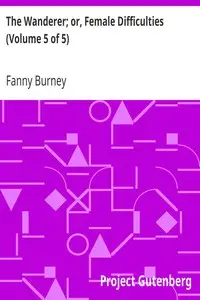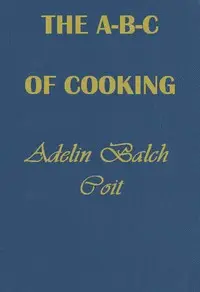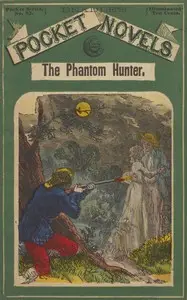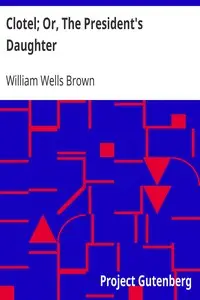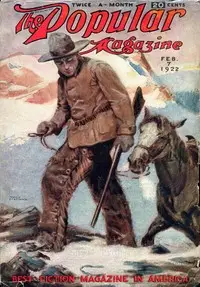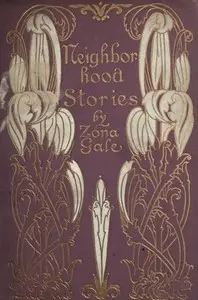"Essays on Various Subjects, Principally Designed for Young Ladies" by Hannah More is a collection of essays written in the late 18th century. The book aims to address moral and societal issues relevant to young women, focusing on topics like virtue, education, and appropriate conduct. More offers insights intended to shape the character and behavior of her female audience in their formative years. The opening of the work introduces the author's intention to provide guidance to young ladies by promoting virtues that are seen as inherently feminine. More emphasizes the importance of modesty, prudence, and the cultivation of a virtuous spirit while distinguishing between the natures of men and women. She discusses the qualities traditionally associated with femininity, such as delicacy and gentleness, and cautions against the dangers of dissipation and superficiality in social manners. This sets the tone for the series of essays that follow, which are crafted to guide young women toward a meaningful and accomplished life. (This is an automatically generated summary.)
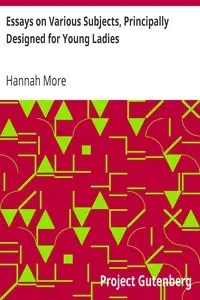
Essays on Various Subjects, Principally Designed for Young Ladies
By Hannah More
"Essays on Various Subjects, Principally Designed for Young Ladies" by Hannah More is a collection of essays written in the late 18th century. The boo...
Hannah More was an English religious writer, philanthropist, poet, and playwright in the circle of Johnson, Reynolds and Garrick, who wrote on moral and religious subjects. Born in Bristol, she taught at a school her father founded there and began writing plays. She became involved in the London literary elite and a leading Bluestocking member. Her later plays and poetry became more evangelical. She joined a group opposing the slave trade. In the 1790s she wrote Cheap Repository Tracts on moral, religious and political topics, to distribute to the literate poor. Meanwhile, she broadened her links with schools she and her sister Martha had founded in rural Somerset. These curbed their teaching of the poor, allowing limited reading but no writing. More was noted for her political conservatism, being described as an anti-feminist, a "counter-revolutionary", or a conservative feminist.




